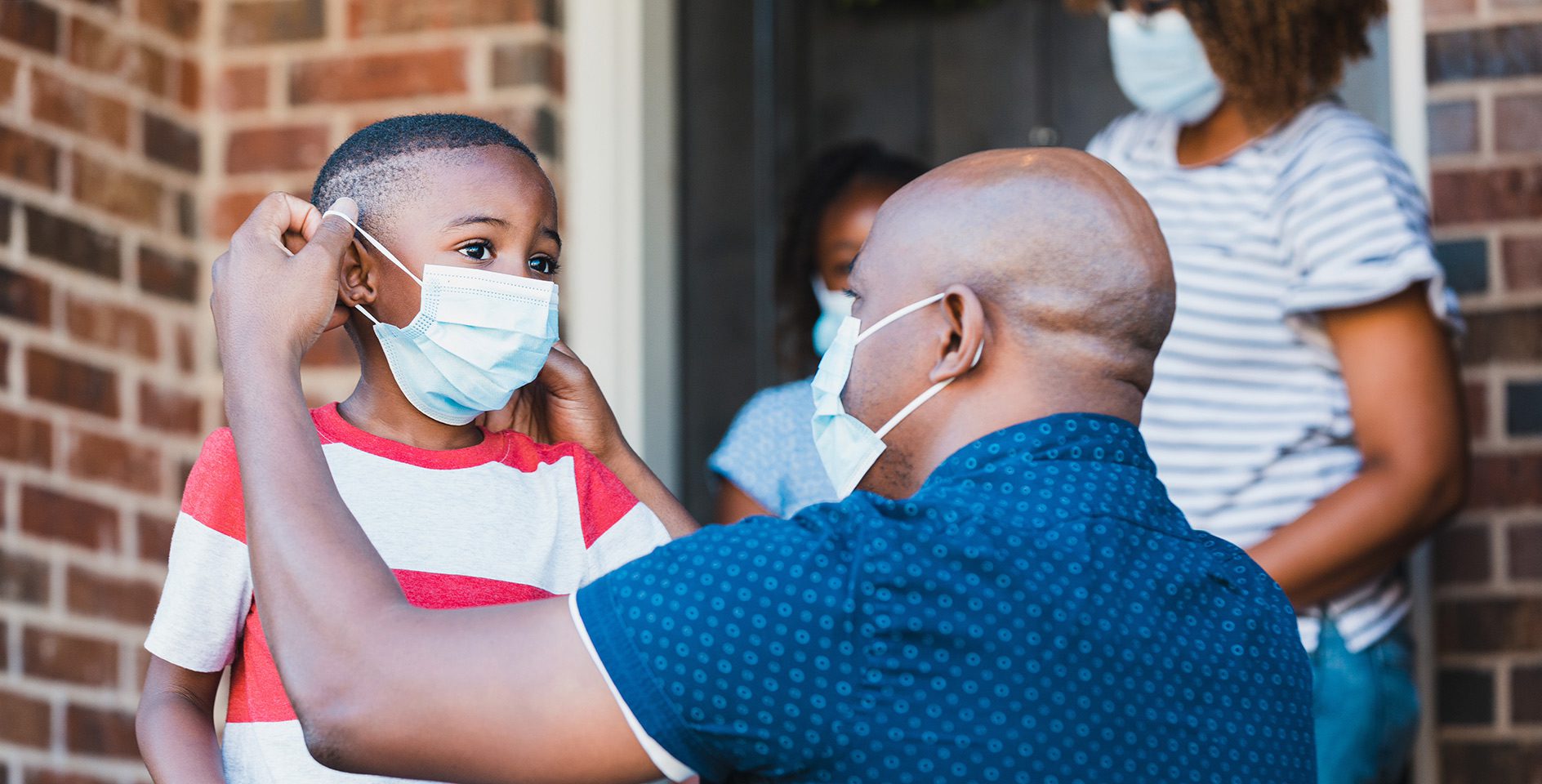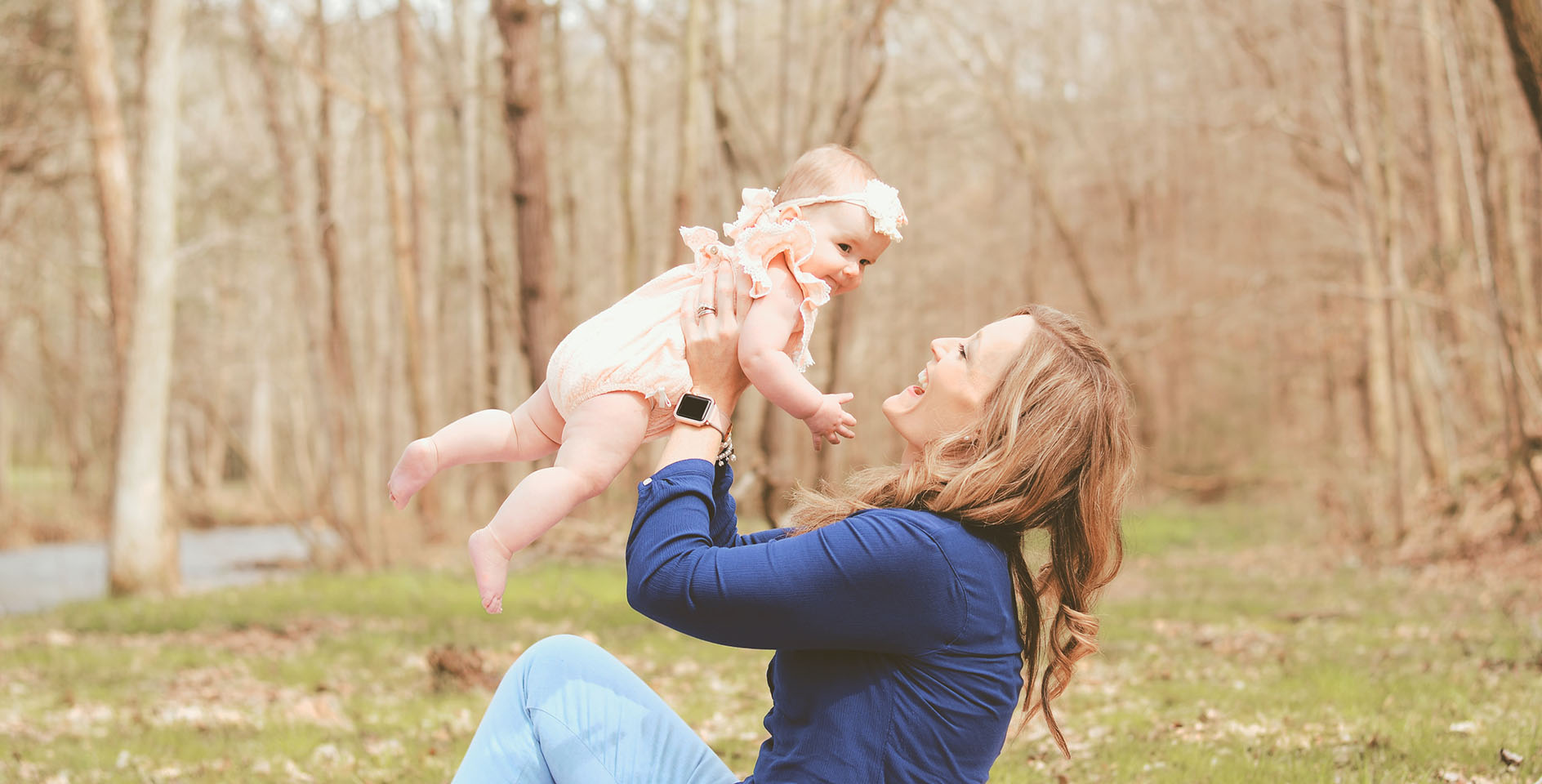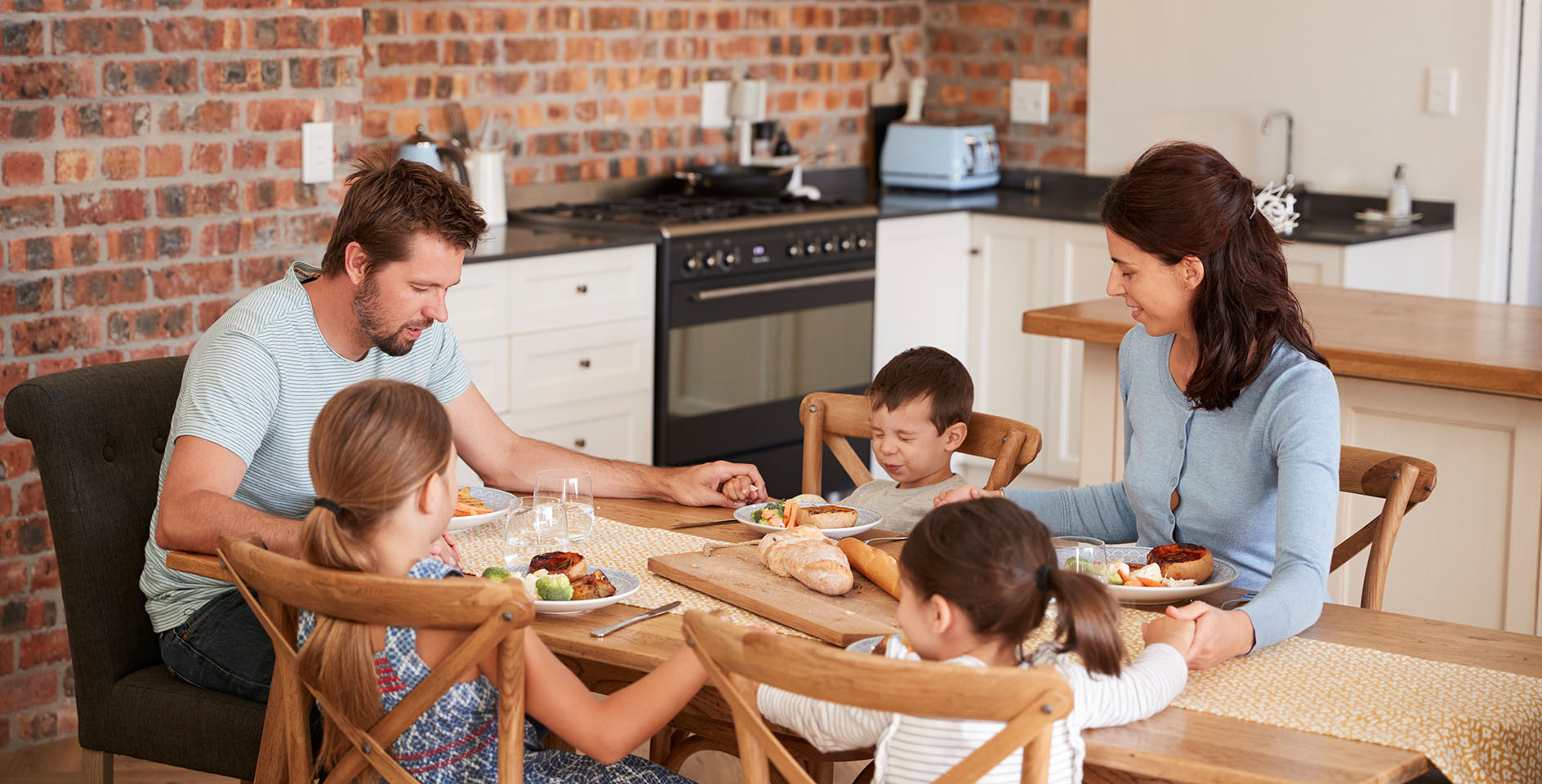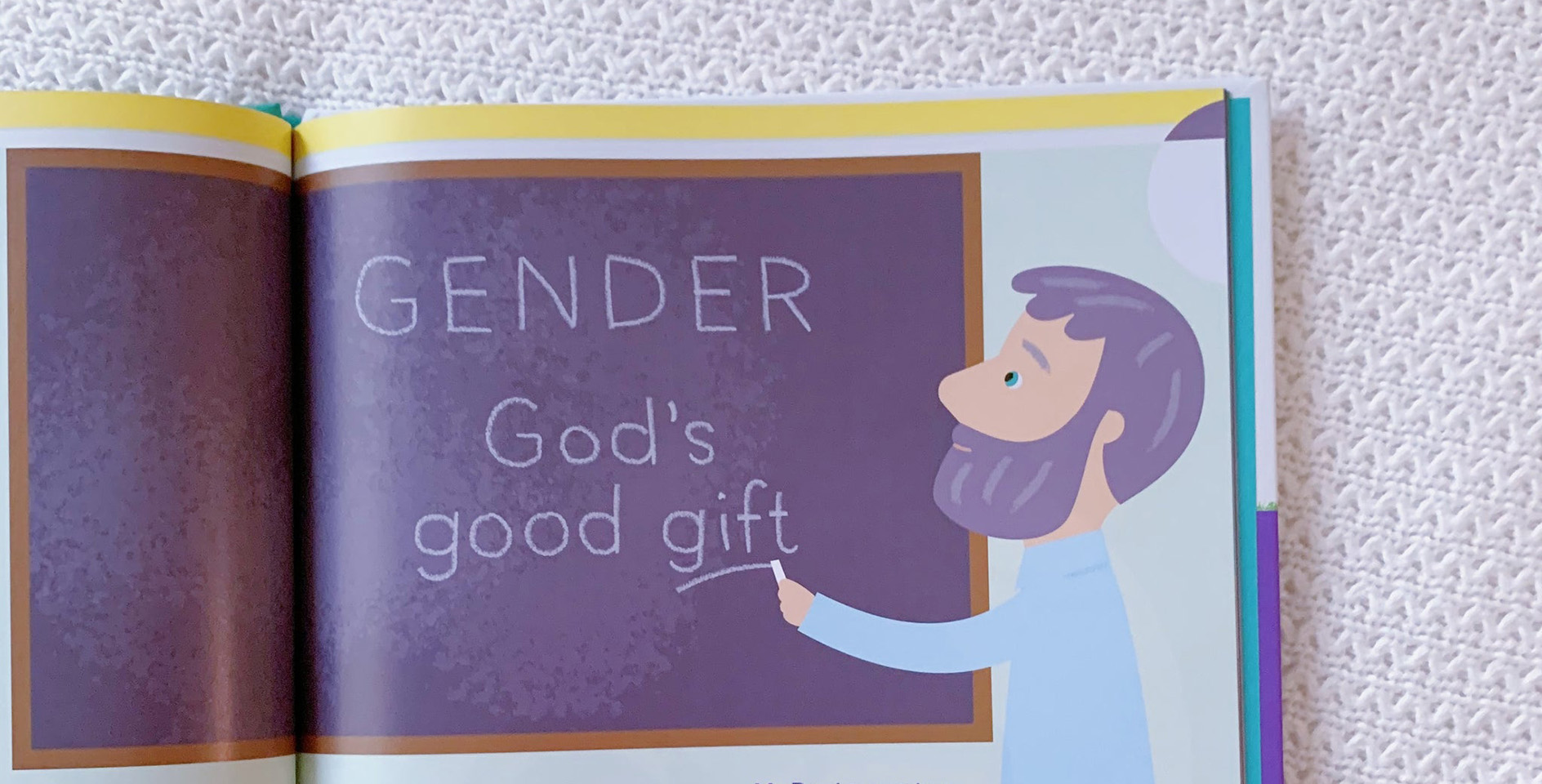It was just after my kids’ school shut last March, as the pandemic spread and our government locked us down, that my 5- and 7-year-olds asked me what would happen next.
“I don’t know,” I told them.
I saw my daughter’s expression change as she came to terms with a new thought: Daddy doesn’t know. Always before, mommy and daddy had known. Suddenly, they didn’t. Neither did our pastor, our city mayor, or our national leaders.
Don’t underestimate the effect that 2020 had on young kids. Much has been written, discussed and preached about how the pandemic has affected adults. But, as we stand at the start of another year, which has already brought its own measure of uncertainty and unforeseen challenges, perhaps it’s time to ask ourselves: How do we teach our kids to trust God when the world flips, when uncertainty swoops in, when even the grown-ups who love them don’t know what to do?
1. Teach them this is normal
The truth is, this is a fallen world. I realized through 2020 that although my theology tells me that this is a broken world, my working assumption was more Western than it was biblical—that things will always get better despite the odd blip, that technology triumphs, and that life will turn out okay.
Throughout 2020 I wanted to tell my children what I wanted to tell myself: that life will soon be back to normal. But the truth is that this is normal. We live in a world under the curse. Life is often painful toil, and one day we will return to dust (Gen. 3:17–19). Read Revelation and, whatever your view of the millennium, you’re not going to emerge with a view of this earth as a rosy, comfortable place.
There is no point in pretending things are basically fine to our kids when they can see the truth of fallenness all around us, as well as within us. As Christians, we have the opportunity to give our kids a worldview that accords with their lived reality, rather than a sugary secular fairytale that collapses at their first contact with experience.
2. Teach them that humanity is finite
I wonder if the greatest danger for humanity in this season is not the pandemic but the vaccine. (To be very clear: I do not mean that the vaccine is a physical danger, but that our societies’ response to its existence may be a spiritual danger.) It will be interpreted as humanity’s great victory over death, as proof that modern science knows no challenge it cannot overcome. We will celebrate our own awesomeness, and we will forget the reason we needed a vaccine in the first place—that there is no vaccine against death.
What should breed humility in us is more likely to prompt hubris. At that point, our kids will need a robust understanding that “The life of mortals is like grass, they flourish like a flower of the field; the wind blows over it and it is gone” (Psa. 103:15-16). We will need, gently but clearly, to remind our kids that this is a vaccine against COVID-19—and that we should be very thankful for it—but that it is not a vaccine against death itself; that it extends life but does not save life. We will need to explain to them (and to ourselves) that science can help us navigate a fallen world, but it cannot overcome it. The serpent-crusher did his work on a cross, not in a lab.
3. Teach them that God is unchanging and sovereign
As C.H. Spurgeon famously said, “The sovereignty of God is the pillow upon which the child of God rests his head at night, giving perfect peace.”
God is not surprised by the pandemic, and he is sovereign over how and when it ends. He is not surprised by the tensions gripping the culture of so many Western nations in one way or another, and he will work out his purposes in and through them. He does not change, and so the endpoint of history is certain.
I need to teach my kids this, and the truth is, I need to teach myself this. They will learn more from what they see in me than they will in what they hear from me. When I am tempted to fear, to be impatient, to despair, I must preach God’s immutability to my own heart first, and then to theirs. When Daddy doesn’t know, that’s okay, because our heavenly Father does.
4. Teach them that Christ has triumphed
The pandemic shocked us because it has upset our basic modernistic assumption that we can keep death at bay. Again, rather than running from the truth that death happens, we can run to the one who defeated death—and lead our children to him, too.
While the world tells children things will be okay, we don’t. But we can tell them that in Christ all is ultimately, and eternally, okay. The empty tomb is the rock-solid certainty that no tidal wave can sweep away. Christ is risen, just as he promised; and so every other one of his promises will come true, too. “Christ is risen” is the three-word answer to the uncertainties of this life. He has triumphed over death, and so our kids can look the fallenness of the world and the finitude of humanity in the face, and smile.
Fear not
So no, kids, daddy doesn’t know what will happen in 2021. 2020 has humbled him sufficiently to know that he doesn’t really know. Curveballs will come. Life may not get better. And that’s okay. This is an uncertain world, with a certain end. And for the Christian, the route may not be clear, but the destination is sure.
Since 2020, my kids have lost a fair amount. They’ve lost out on some of their education. They’ve lost the ability to play with friends in the park and welcome them into their home. They’ve lost out on seeing grandparents and cousins. They’ve lost the idea that their dad knows what’s going on.
Nevertheless, this season will be one more of gain than of loss if it helps them to see through the Western assumptions that their father has found so hard to shed; if it gives them the chance to climb Mount Zion, stand before an empty tomb, and know that there is a risen, reigning Savior who they can trust when they cannot trust anything else. If as parents all we do in 2021 is lead them to that place, that will have been a great year.
“Fear not, I am the first and the last, and the living one. I died, and behold I am alive forevermore, and I have the keys of Death and Hades.” (Rev. 1:17-18)










